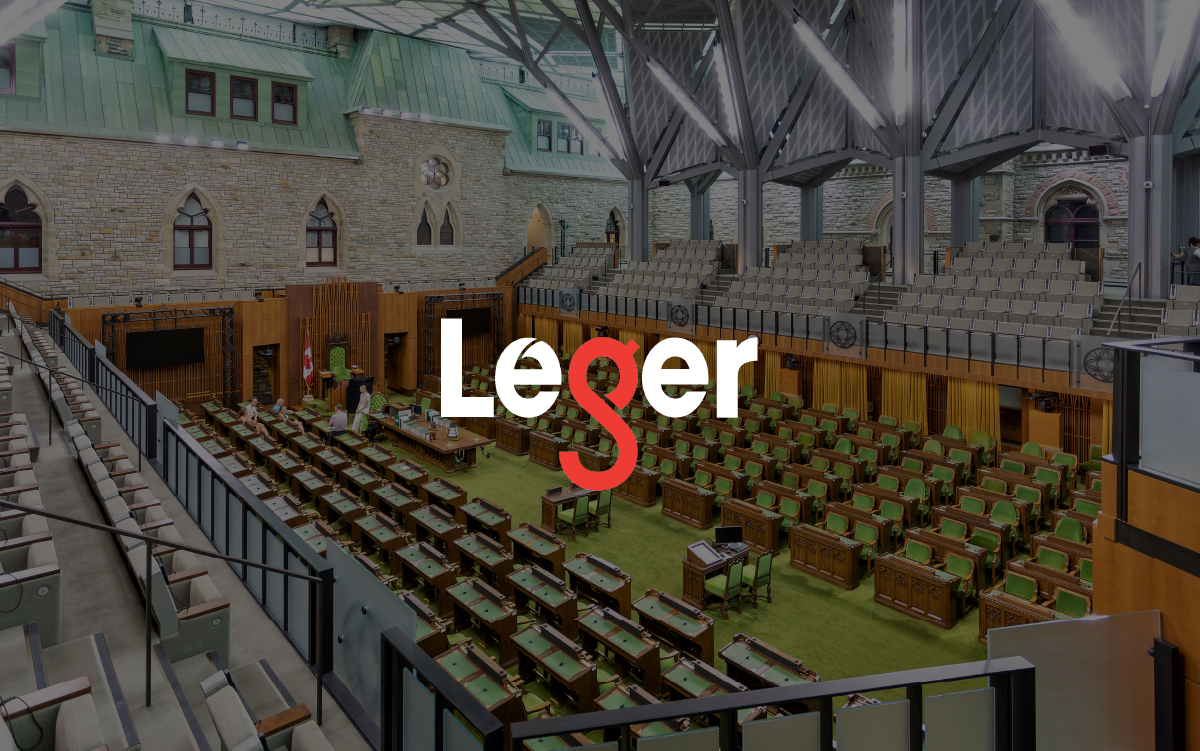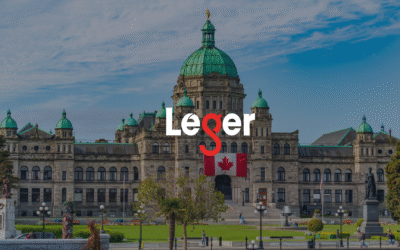From January 10 to 13, 2025, we surveyed Canadians on who should replace Justin Trudeau as leader of the Liberal Party of Canada, which party Canadians would vote for, and if Canada should become the 51st U.S. state.
Some of the key highlights of our survey include…
- Pierre Poilievre’s Conservative Party is currently leading by 26 points (an increase of 4 points since the last measure), ahead of Justin Trudeau’s Liberal Party. If a federal election were held today, 47% of Canadians would vote for the Conservative Party of Canada, while 21% would vote for Justin Trudeau’s Liberal Party. The NDP trail at 17%.
- Among the potential successors to Justin Trudeau, Chrystia Freeland remains in the lead with 14% support, closely followed very closely by Mark Carney (13%). Mark Carney stands out among Liberal voters, with 27% support.
- Almost half of Canadians (46%) believe that there should be a full leadership convention with Liberal party members voting to elect a new leader sometime around the end of March as opposed to the Liberal Caucus selecting a leader (35%).
- Canadians are divided over the timing of the next election, with near a third wanting it to take place now (29%), another third this spring (30%), and another third in October 2025 (32%), as set out in fixed election date legislation.
- Three quarters of Canadians (78%) are concerned about the government’s ability to manage the relationship with the incoming Trump administration in the current context, with the Canadian government in a transitional phase following Prime Minister Trudeau’s resignation. Conservative voters (84%) are more likely to be concerned.
- 82% of Canadians say they would not like Canada to join the United States and become the 51st state, while 11% would like for Canada to join the United States.
Methodology
This web survey was conducted from January 10 to January 13, 2024, with 1,545 Canadians aged 18 or older, randomly recruited from LEO’s online panel. A margin of error cannot be associated with a non-probability sample in a panel survey.
For comparison purposes, a probability sample of this size yields a margin of error no greater than ±2.49%, (19 times out of 20) for the Canadian sample.




